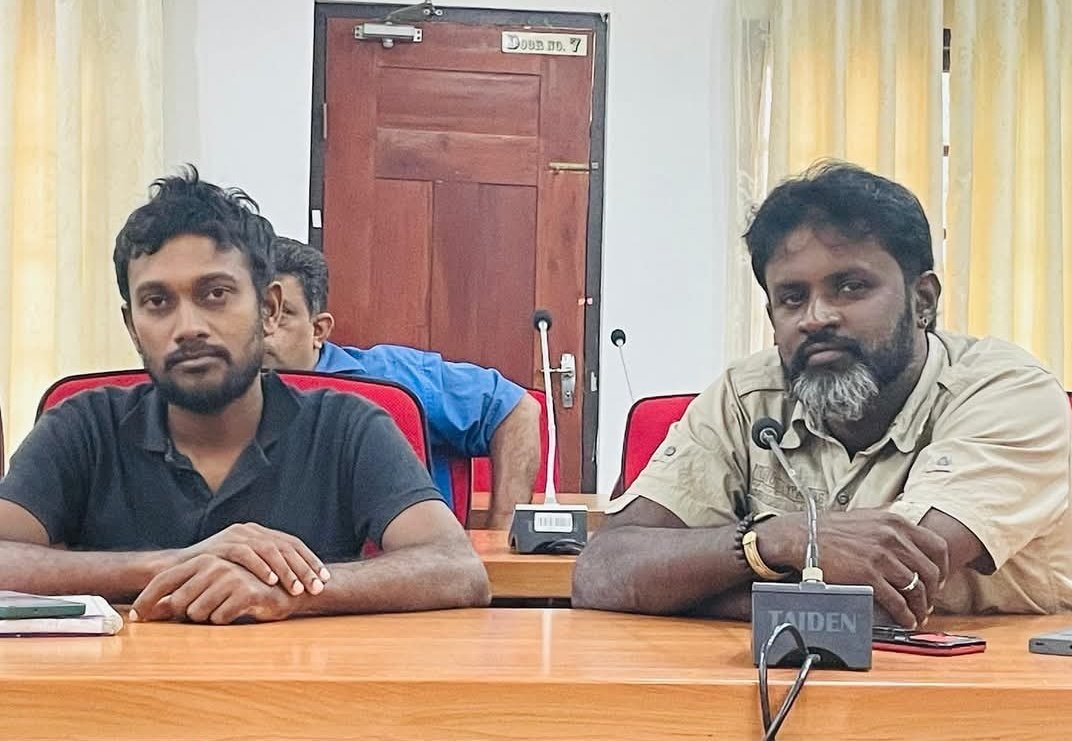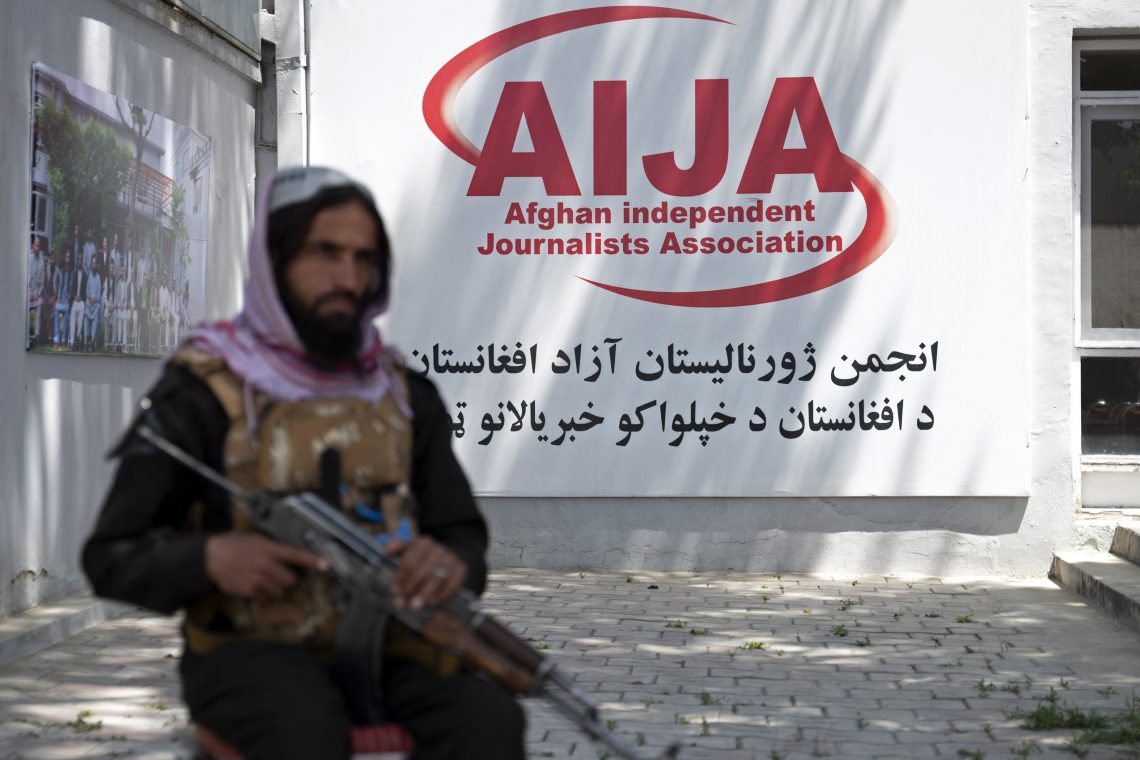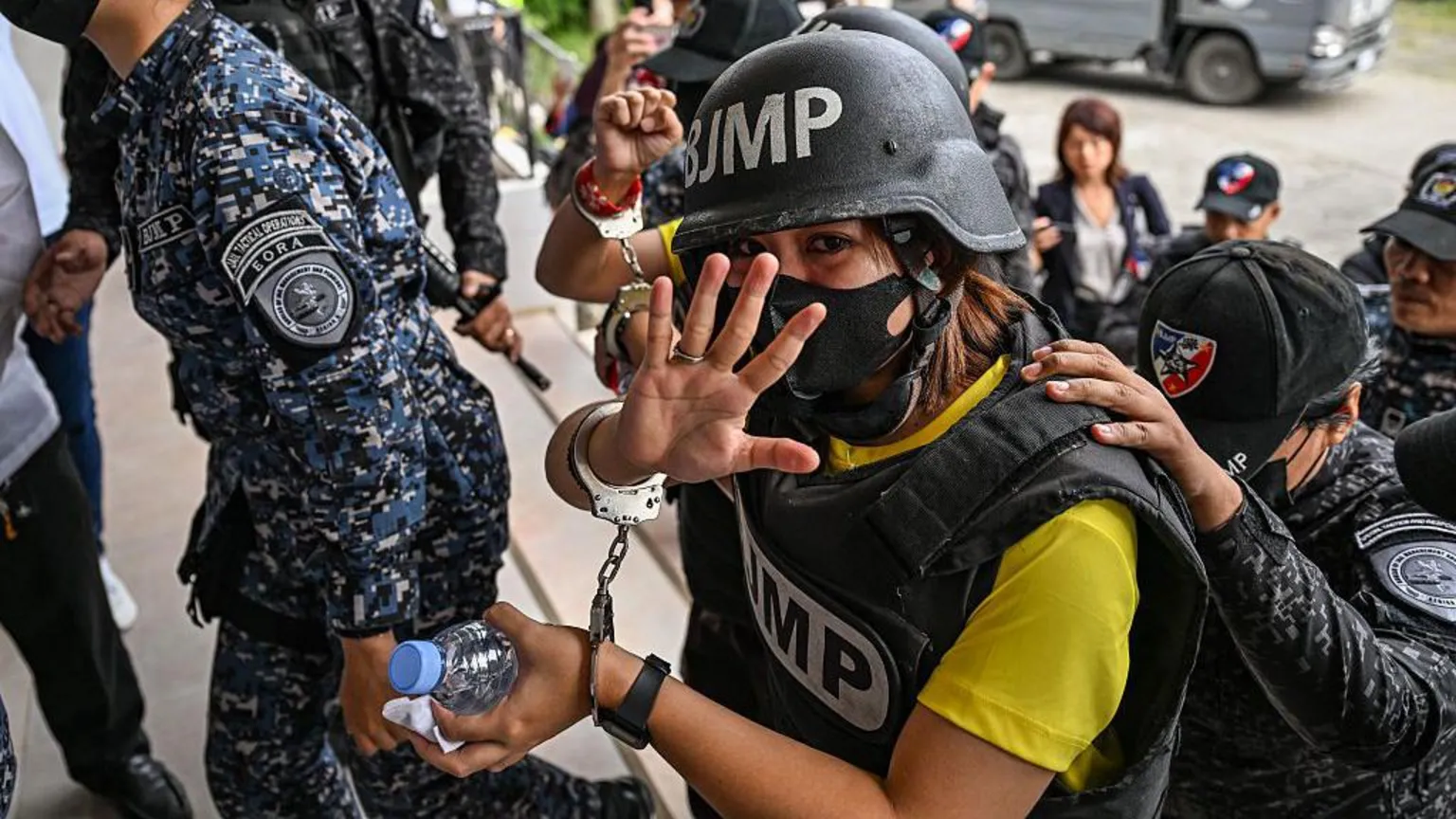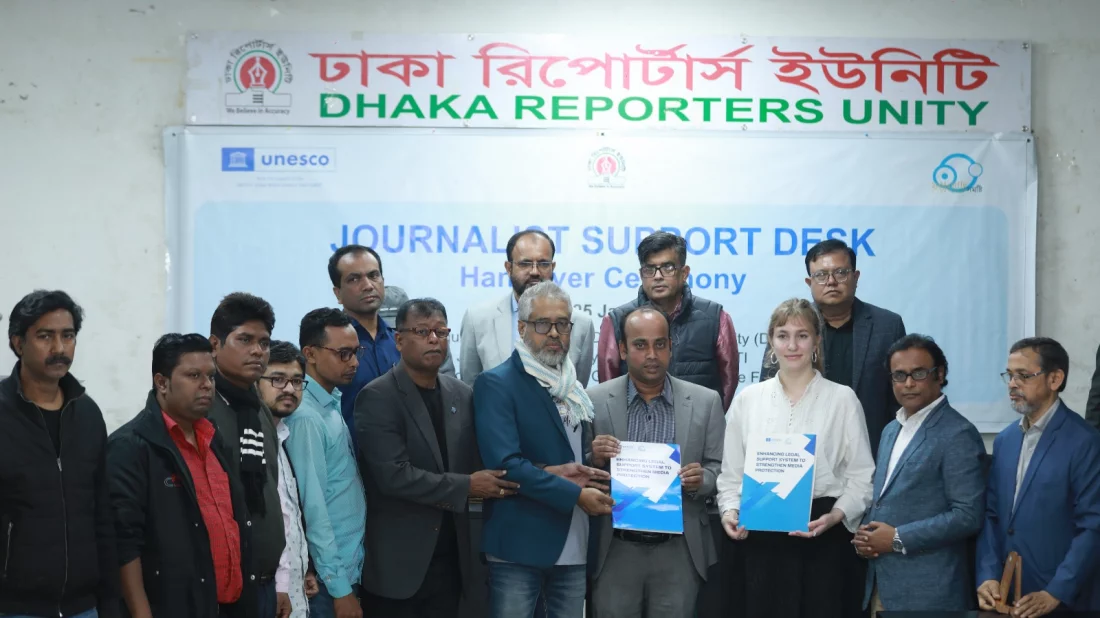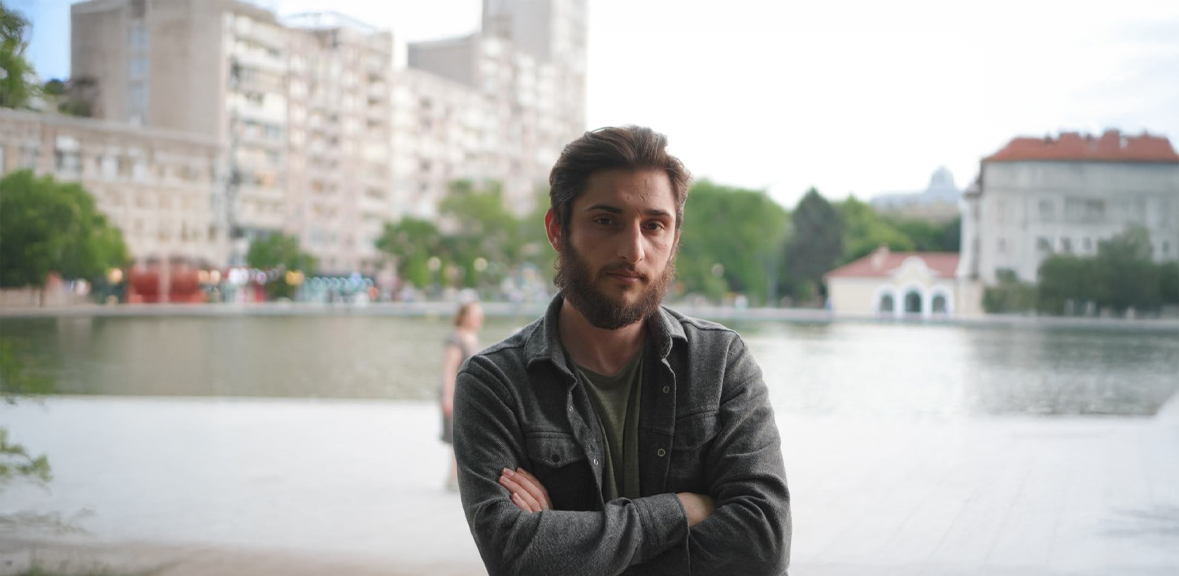
Azerbaijani Journalist Nurlan Libre Arrested Amid Widening Crackdown on Independent Media
February 24, 2025
Zimbabwe: Journalist Arrested Under Cyber and Data Protection Act
February 25, 2025February 24, 2025 – India –
Two Tamil journalists, Kandasamy Bharathan and Thambithurai Pratheepan, were subjected to a six-hour police interrogation at Palaly Police Station in Jaffna, Sri Lanka. The questioning centered on a Facebook post that allegedly called for the destruction of the Tissa Raja Maha Vihara, a Buddhist temple located in Thayiddy, a site that has become highly controversial in the region.
The Tissa Raja Maha Vihara was reportedly built on privately owned Tamil land, which led to widespread protests from the Tamil community demanding the temple’s removal. The temple is seen by many Tamil residents as a symbol of Sinhalisation — an effort by the Sri Lankan government to alter the demographic and cultural landscape of the Tamil-majority Northern and Eastern provinces. Critics argue that such religious constructions are part of a broader state strategy to marginalize Tamil identity and culture by promoting Sinhala-Buddhist dominance in historically Tamil areas.
The interrogation of Bharathan and Pratheepan highlights the difficult and often dangerous environment Tamil journalists operate within when covering sensitive topics related to ethnic tensions, land rights, and religious conflicts. Journalists in the region face harassment, intimidation, and legal pressure for reporting on issues that challenge the official government narrative or expose communal grievances.
This incident has drawn attention from human rights organizations and international press freedom advocates, who have condemned the interrogation and called on Sri Lankan authorities to respect the rights of journalists and uphold freedom of expression. The broader context reveals a pattern of suppression where Tamil journalists are frequently targeted for their work, particularly when it pertains to the ongoing ethnic tensions and the aftermath of the country’s civil war.
The case underscores the precarious situation for minority media voices in Sri Lanka and the continuing challenges to press freedom in the country. Despite these risks, Tamil journalists persist in their efforts to report truthfully on their communities’ concerns, seeking to shed light on issues often overlooked or deliberately silenced by state actors. The international community remains watchful, urging reforms to ensure protection for journalists and the promotion of a free and independent media landscape in Sri Lanka.

